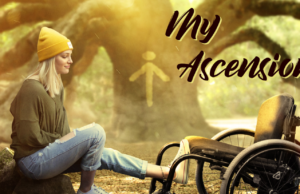Step into the Light
Sometimes winter’s dark thoughts can arise from seasonal lack of light
Seasonal Affective Disorder is defined as a mood disorder characterized by depression that occurs at the same time every year. Around 15 percent of the United States population may suffer from some form of SAD (yes, the actual acronym is SAD), so it’s not unusual to start feeling sad or even depressed once winter rolls around.
There are many warning signs and symptoms of SAD, some of which include fatigue and extreme sense of tiredness. The cold weather also deters us from going outside, which can lead to an extreme lack of sunlight, which can cause depression, mood swings and even suicidal thoughts.
Many people don’t consider the possibility of SAD because the symptoms very much resemble that of clinical depression and just overall teen angst, not to mention that students often just consider their temporary sadness to be based off of the fact that school is in full swing, and finals are just right around the corner.
There are, however, many ways to battle Seasonal Affective Disorder, so you can cross SAD off your list of things to worry about over the holidays.
One thing that is always recommended when experiencing extreme sadness or depression is to go and talk to your doctor. They may be able to prescribe you temporary medication or refer you to a psychiatrist. They can often help you make sense of what is happening to you, and it can be a huge relief.
LIght therapy is another option that anyone can do to improve their health at any time of the year. Light therapy consists of a large bright light that mimics the sunlight found outdoors, and it often causes a change in brain chemicals linked to mood.
Another option many people consider is psychotherapy or “talk therapy,” which aims to treat disorders by psychological means rather than medical means. Sometimes the only thing people need is to have somebody to talk to that will listen, and understand their problems from a professional’s point of view.









You must be logged in to post a comment Login